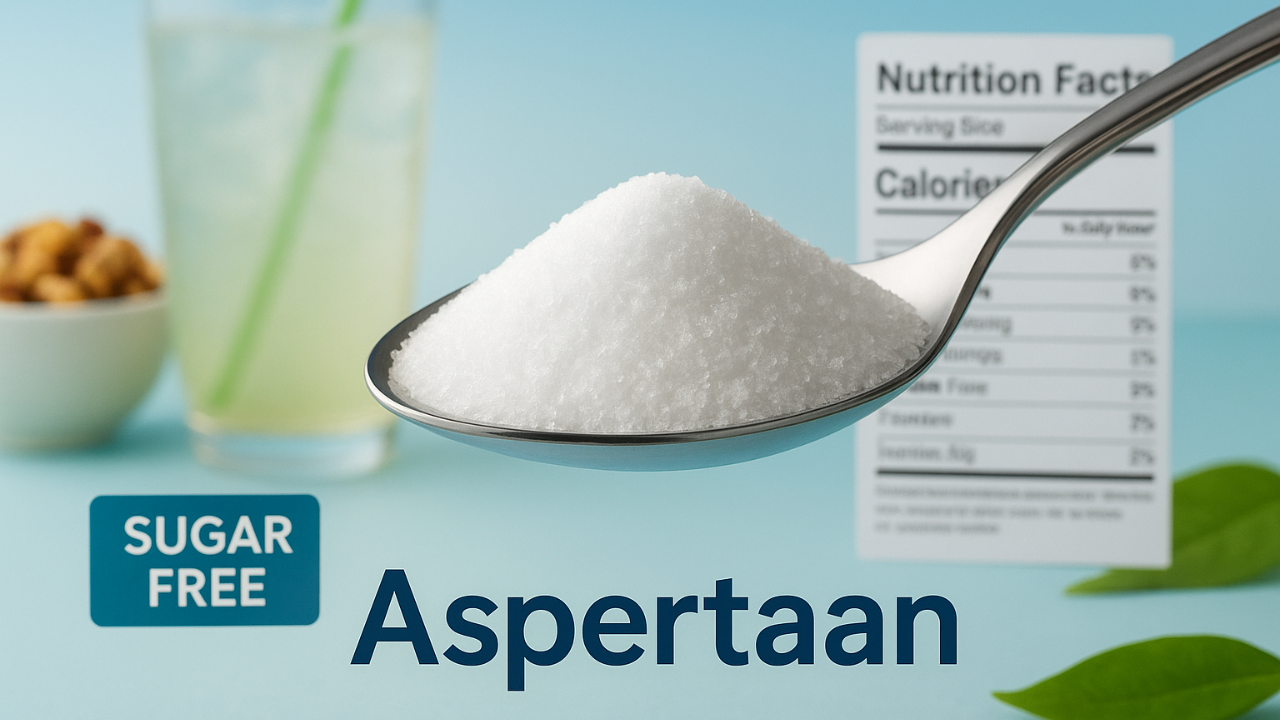Finding a reliable supplement that supports bone health can feel overwhelming. This clear, practical guide explains what osteopur is, who might benefit, and how to evaluate ingredients and claims so you can make a confident choice. Read on for evidence-aware guidance, real-world tips for safe use, and the most important red flags to watch for when shopping.
What is osteopur?
osteopur is marketed as a comprehensive bone-support supplement that combines calcium with cofactors such as vitamin D3, vitamin K2, magnesium and sometimes collagen. The product is commonly sold in capsule form and targets adults who want to support bone density, maintain skeletal strength as they age, or complement diets low in key bone nutrients. When assessing any supplement, prioritize clear labeling, transparent ingredient forms, and realistic claims rather than marketing language.
Key ingredients in osteopur and how they support bone health
Calcium is the mineral building block of bone, but calcium on its own does not guarantee strong bone tissue. Vitamin D3 enhances intestinal calcium absorption, and vitamin K2 helps direct absorbed calcium into bone matrix rather than into soft tissues. Magnesium and phosphorus act as cofactors for enzymes involved in bone remodeling, and collagen peptides can provide structural amino acids that support the bone matrix. When comparing formulas, look for named ingredient forms (for example MK-7 for vitamin K2) and labeled milligram or microgram amounts so you know whether a product is likely to deliver clinically meaningful doses.
How osteopur works: synergy, absorption and practical effects
The rationale for osteopur is a systems approach: pairing a calcium source with the vitamins and minerals that regulate bone mineralization and cellular signaling. Better absorption and appropriate biochemical signaling are necessary for calcium to be incorporated into bone rather than being deposited in non-skeletal tissues. Vitamin D3 supports absorption; vitamin K2 supports proteins that bind calcium into bone; magnesium supports enzymatic activity. The real-world impact of any formula depends on dose, bioavailability, baseline nutrient status, and consistent use alongside diet and lifestyle measures such as weight-bearing exercise.
Who should consider osteopur?
People who commonly consider bone-support supplements include postmenopausal women, older adults with limited dietary intake of calcium and vitamin D, those on restrictive diets, and people diagnosed with low bone density under medical guidance. Active individuals recovering from injury or athletes under heavy training loads may also consider a targeted formula as part of a broader recovery plan. It’s important to consult a healthcare professional before starting supplementation—particularly for people with chronic conditions or those taking prescription medications that might interact with vitamins or minerals.
Safe use, dosing and interactions
Always begin by reading the product label and following the manufacturer’s recommended dose. Account for total intake from food and other supplements to avoid exceeding safe upper limits. Be especially cautious with medications: changes in vitamin K intake can affect anticoagulant treatment, and very high calcium intake can raise risks like kidney stones in susceptible individuals. Favor products that disclose exact amounts per serving and, when possible, provide third-party testing or certificates of analysis to confirm purity and accurate labeling.
Potential side effects and red flags
Most bone-support formulas are well tolerated by many people, but some experience mild digestive upset, constipation, or bloating. Serious concerns include allergic reactions or unexpected health changes that begin after taking a new product. Red flags when shopping include vague ingredient lists, missing dosage information, extravagant claims of rapid reversal of bone loss, or the absence of safety warnings and contraindications.
How to choose a quality supplement
Select supplements from manufacturers with a transparent ingredient policy and good reputation. Check for third-party testing seals, clear milligram/microgram amounts, and recognizable ingredient forms. Compare labels, read independent user feedback, and avoid unusually low prices that may indicate cheap sourcing or underdosed formulations. If you’re unsure about which product fits your needs, ask your clinician or a registered dietitian to review the label.
Conclusion
In summary, osteopur represents one approach to supporting bone health by combining minerals with cofactors that support absorption and proper mineralization. It may be helpful for certain people as part of a complete plan that includes nutrition, exercise, and medical oversight, but benefits depend on ingredient quality, dosing, and consistent use. Prioritize products with transparent labeling, consult a healthcare professional before starting, and treat supplementation as a complement to—not a substitute for—balanced diet and lifestyle measures.
Frequently Asked Questions
Q1 — What is osteopur?
A: It is a bone-support supplement that typically combines calcium with cofactors like vitamin D3, vitamin K2, and magnesium. It’s aimed at adults seeking to support bone density.
Q2 — Are there common side effects?
A: Side effects are usually mild and may include digestive upset or constipation; stop use and consult a clinician if you experience severe symptoms.
Q3 — How should I take a bone supplement?
A: Follow the product label, account for total intake from food and other supplements, and consult a healthcare professional if you take medications or have health conditions.
Q4 — Can supplements interact with medications?
A: Yes—especially anticoagulants and drugs that affect mineral balance; check with your prescriber before starting any new supplement.
Q5 — How long before I might notice benefits?
A: Bone changes happen slowly; meaningful changes in bone density usually require months to years alongside proper diet, exercise, and medical care.



